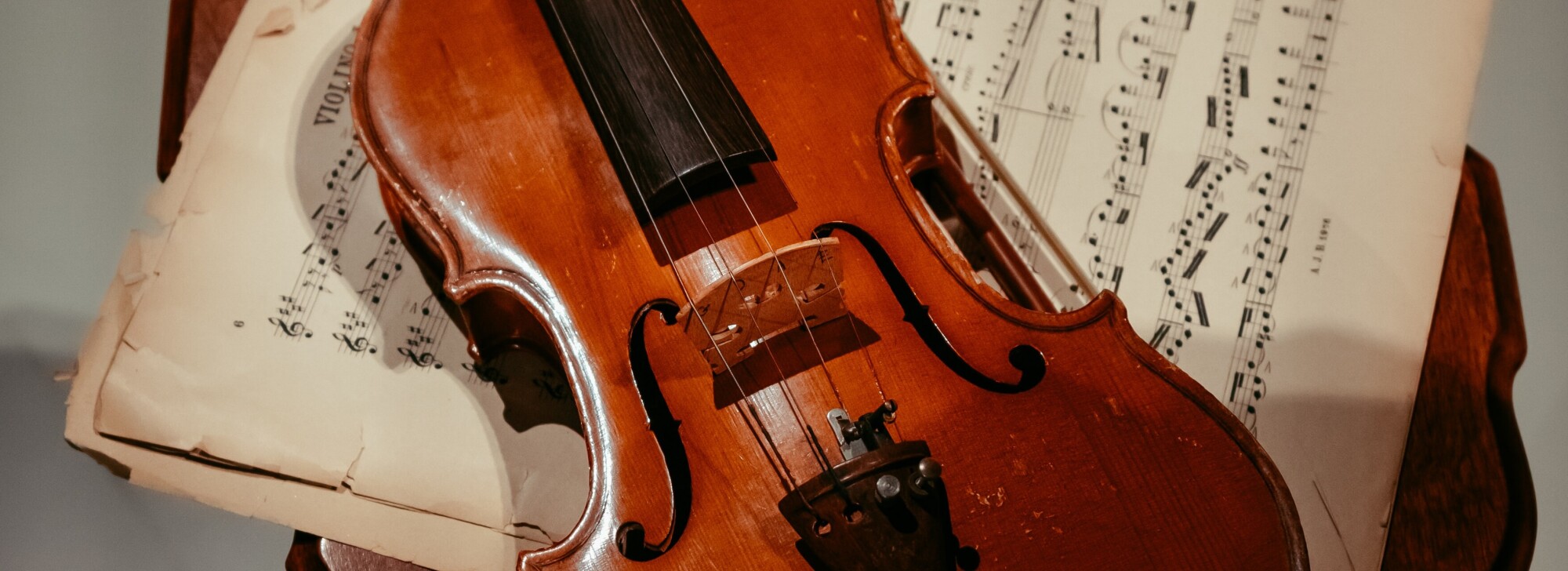As I mentioned in my last post, in my attempt to become an “adult prodigy,” I am reading Daniel Coyle’s book, The Talent Code. I’ve just finished Part 1 (which I have rather enjoyed), and here’s a summary of what I have learned thus far:
- “Skill is a cellular insulation that wraps neural circuits and that grows in response to certain signals.” Or, in other words, skill is the development on myelin, a cell which insulates nerve fibers in the brain and increases the efficiency of cognitive and physical actions.
- Deep practice increases the production of myelin. The steps to deep practice are:
- Analyze the desired skill as a whole by watching, listening, or performing.
- Divide the skill into its smallest components.
- Practice each component separately and slowly.
- Once each component is mastered, add layers of complexity and integrate additional components until the entire skill is learned completely.
Now, I have been trying to integrate smooth bow changes into my playing for the past six months (to no avail). This week, I’m going to diligently apply the steps of deep practice to developing smooth bow changes and see if there really is anything to this method. Here's the routine I'm going to follow:
- Step 1 - Analysis: I found this video of Todd Ehle demonstrating smooth bow changes. He goes over what's involved with the execution pretty thoroughly:
- Step 2 - Skill breakdown: With method 1, you shift the weight of the hand toward the pinky and drop the elbow at the frog; at the tip, you lift the elbow to release the weight from the hand. I can practice the collé stroke to get the right motion, shifting my hand weight, and elbow positioning at the frog and tip. With method 2 (which he introduces around 3:25), you just release the first finger. That seems pretty straightforward. I can practice engaging and releasing the first finger before integrating the motion into the bow stroke. I plan to try out both ways to see which works best.
- Step 3 - Slow Practice: Argh!!! Slow practice! Anything but slow practice! This one’s going to be a real challenge. (As a piano student, I spent many, many hours doing slow practice: right hand alone slowly, left hand alone slowly, both hands together slowly, with my eyes closed slowly, in a deep sleep slowly! It seems that, even now, I can't escape slow practice. Sigh.) I'm going to practice very slowly (obviously) on open strings to start out with. I'll also practice for short periods (say, 15 minutes at a time) so I stay focused.
- Step 4: Well, if I get past Step 3, I can start integrating smooth bow changes (again, very slowly and deliberately...sigh) into first my scales, then my etude, and finally my piece.
Yes, so that’s my goal, all laid out, for this week. It seems that becoming an “adult prodigy” might be harder than I thought. Wish me luck!

